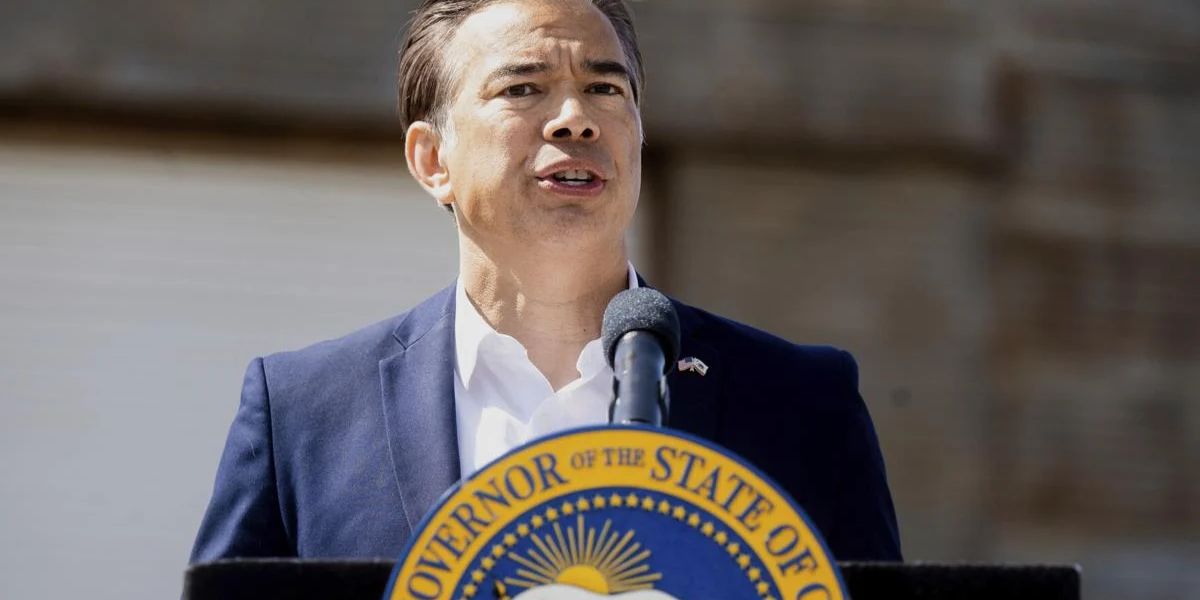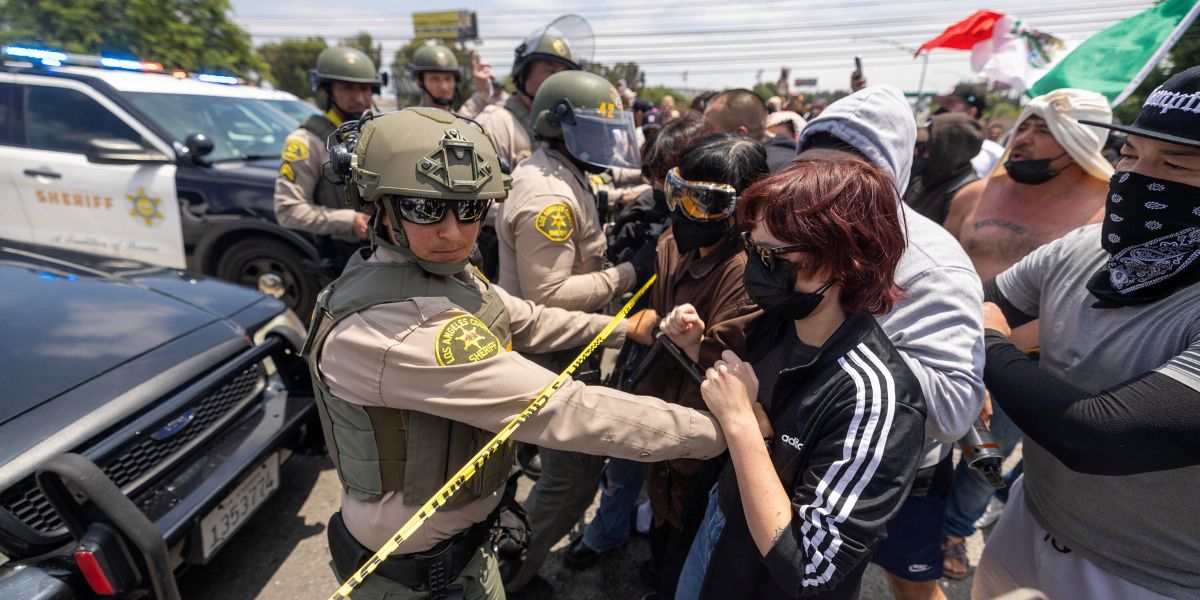BATON ROUGE, La. — As immigration enforcement operations face increasing backlash nationwide, Louisiana lawmakers have approved a series of hardline bills that strengthen the state’s role in federal deportation efforts — positioning the state as one of the most aggressive in the country when it comes to immigration policy.
This legislative push, passed by Louisiana’s Republican-dominated legislature, comes as part of a growing wave of red-state efforts to support President Donald Trump’s calls for mass deportations ahead of the 2026 election cycle.
🔒 Criminal Penalties for Non-Cooperation
One of the key measures creates felony penalties for public officials who delay or obstruct federal immigration enforcement. Under the new law:
- Police officers, judges, and public employees could face up to 10 years in prison if they fail to notify ICE before releasing a non-citizen detainee.
- It would be a crime of obstruction of justice to hinder any civil immigration proceedings — an expansion of state legal definitions.
“This is one of those bills that says it’s against the law not to enforce the law,” said Republican Sen. Jay Morris, one of the bill’s sponsors.
But immigration advocates say the law could have far-reaching and dangerous implications.
“This could criminalize even basic support — like clergy giving advice or nonprofits helping immigrants with housing,” warned Tia Fields of the Louisiana Organization for Refugees and Immigrants.
🏛️ State Agencies to Track Immigrants
Another newly passed bill requires all state agencies — including those handling education, health, corrections, and even motor vehicles — to:
- Verify citizenship status for anyone applying for state services.
- Track and report data about those “illegally in the U.S.” who receive any state benefit.
- Refer non-citizen applicants to ICE if their status is deemed “unsatisfactory.”
The bill is based on an executive order issued earlier by Republican Gov. Jeff Landry, who is widely expected to sign these measures into law.
“Taxpayers have a right to know how much is being spent on people in the country illegally,” said Sen. Blake Miguez, who authored the bill.
But critics argue this opens the door to surveillance and racial profiling — and could even result in family separations, especially in cases involving U.S.-born children with undocumented parents.
📈 Louisiana’s Growing Role in Immigration Enforcement
Louisiana, despite not bordering Mexico, now plays a central role in immigration detention, holding nearly 7,000 detainees in its nine ICE facilities.
Among those recently detained was Mahmoud Khalil, a legal resident and university student, who was jailed for participating in a pro-Palestinian protest — raising civil liberties concerns.
The new laws further ban sanctuary policies, empower the governor to deploy National Guard troops to the border, and incentivize full compliance with ICE detainers.
🧨 Critics Warn of a Chilling Effect
Opponents say these measures could:
- Undermine public trust in government services.
- Discourage immigrants from seeking help — including medical care, education, or disaster relief.
- Increase the likelihood of racial discrimination and civil rights violations.
“This is fear-based governance that will hurt families and strain local agencies,” said Democratic Sen. Royce Duplessis, who opposed the bills.
As similar laws spread in states like Tennessee and Florida, Louisiana’s crackdown signals a coordinated state-level effort to back Trump’s deportation agenda — a trend likely to escalate as the 2026 World Cup and election season approach.
🧭 What’s Next?
With Gov. Landry expected to sign the bills, Louisiana is poised to become a model for state-led immigration enforcement. But legal challenges could soon follow, as civil rights organizations weigh lawsuits over federal overreach and constitutional concerns.




